Top Ways to Strengthen Thinking Skills in Students
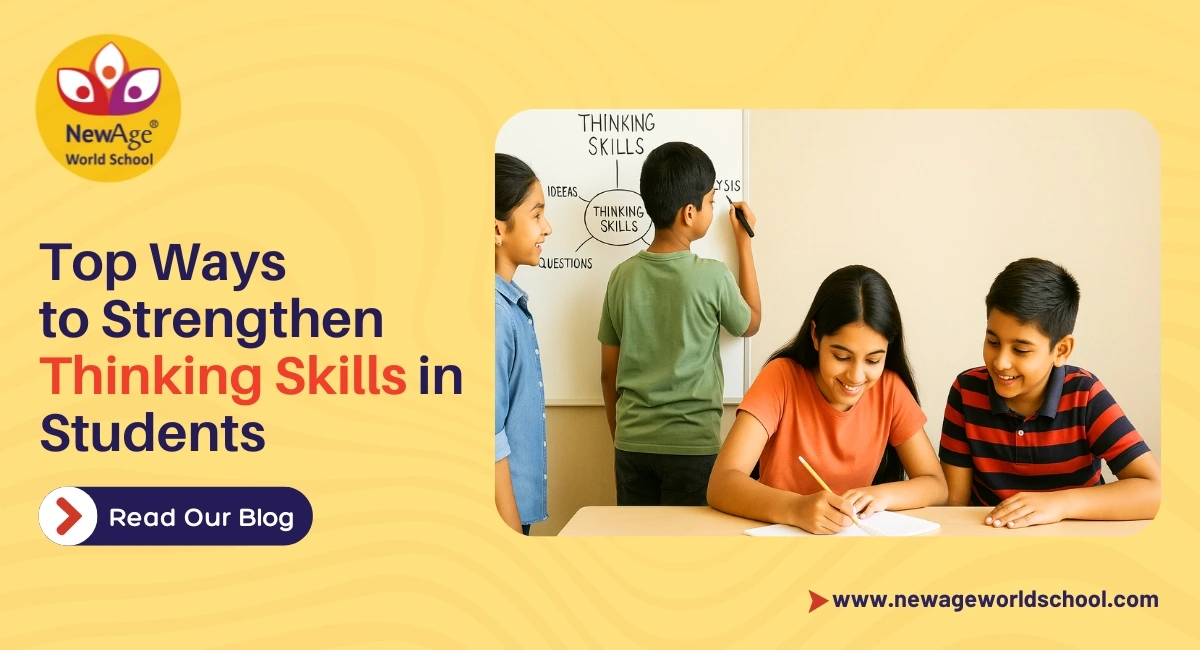
Table of content
• Introduction
• What Are Thinking Skills?
• Classroom Practices to Enhance Thinking
• Technology & Tools That Support Thinking
• Real-World Connections & Interdisciplinary Links
• Overcoming Common Challenges
• Measuring Growth in Thinking Skills
• Cultivating a Thinking Culture at NewAge World School
• Invitation to the Thinking Skills Movement
• Conclusion
• FAQs
Introduction
Everyone agrees that in today’s fast-moving world, students need more than just good marks — they need sharp minds that can think, question, and solve problems. At NewAge World School, teachers help students blend deep thinking with free imagination.
This article explains how developing thinking skills in students improves learning, confidence, and problem-solving abilities. It explores practical classroom strategies, modern thinking tools in education, and the role of NewAge World School in building a positive school learning culture focused on critical thinking, creative thinking, and the growth of reasoning in children.
1. What Are Thinking Skills?
Thinking skills are the mental tools that help students reason, make decisions, and solve problems. These skills are not limited to studying; they guide how children understand the world around them. Every child should develop two main kinds of thinking: critical thinking and creative thinking.
2. Classroom Practices to Enhance Thinking
Inquiry-Based Questions
✔ “What would you do if you were in this situation?”
✔ “Why do you think this happened?”
✔ Such questions push students to reason and reflect.
Group Discussions and Debates
When students share opinions and listen to others, they learn to defend their ideas politely and understand different viewpoints. This encourages critical thinking and builds respect for diversity.
Mind Mapping Activities
Mind maps help students visualize connections between topics. For example, a history lesson about India’s freedom struggle can include maps linking events, people, and causes. This strengthens the growth of reasoning in children’s reasoning skills.
Story-Based Learning
Teachers often use stories to explain logic or moral lessons. When students are asked to predict an ending or rewrite a story, they use both creative thinking and logic.
3. Technology & Tools That Support Thinking
Educational Apps & Games
Collaborative Online Tools
AI-Assisted Learning Platforms
4. Real-World Connections & Interdisciplinary Links
Example 1: Science + Art
Example 2: Math + Daily Life
Example 3: History + Drama
5. Overcoming Common Challenges
Challenge 1: Fear of Mistakes
Challenge 2: Limited Time or Attention
Challenge 3: Over-Dependence on Rote Learning
6. Measuring Growth in Thinking Skills
Observation and Feedback
Portfolios and Projects
Students maintain personal learning journals that record progress, reflections, and creative ideas. This helps measure improvement in thinking skills and imagination over time.
Peer Reviews
Students review each other’s work, learning to give and receive constructive feedback — another valuable part of critical thinking.
Example:
A student who once struggled with maths now explains problem-solving methods to others using visuals — proof of genuine reasoning growth.
7. Cultivating a Thinking Culture at NewAge World School
At NewAge World School, learning is not confined to books; it’s a daily habit of curiosity and reasoning. The school has created a nurturing learning culture that motivates students to question, explore, and innovate.
Teacher as a Guide, Not Just Instructor
Teachers act as mentors who spark curiosity instead of providing fixed answers. They model good questioning habits, helping students think independently.
Collaborative Classrooms
Group work encourages leadership and teamwork. Students learn that every opinion adds value — building respect and cooperation.
Celebrating Ideas, Not Just Results
Whether it’s a science fair or debate competition, creative ideas are appreciated as much as top scores. This keeps motivation high and fosters creative thinking. Such an environment ensures that learning remains joyful, meaningful, and connected to life beyond school walls.
8. Invitation to the Thinking Skills Movement
Parents, teachers, and students together can create a strong community that values thoughtfulness over rote memory. The journey starts with one small habit — ask, don’t assume. Encourage your child to read, question, and discuss. Join NewAge World School to shape young minds to think deeply and act wisely. Every question asked today builds the leaders of tomorrow.
📚 Admissions Open for the Academic Year 2025–26
Visit: https://newageworldschool.com/
Conclusion: Future-Ready Mindsets
Students who can analyze, create, and reflect are ready for any future. Through innovative teaching and a nurturing school learning culture, NewAge World School builds learners who don’t just seek answers — they learn to find them. When thinking skills become a habit, curiosity turns into confidence, and every student becomes a lifelong learner.
Frequently Asked Questions
Q1. What are thinking skills and why are they important?
They are the abilities to analyze, question, and solve problems logically. Strong thinking skills help students make better decisions in academics and life.
Q2. How can teachers develop critical thinking in children?
By asking open-ended questions, encouraging group discussions, and using problem-solving activities in class.
Q3. What are some effective classroom strategies for thinking skills?
Activities like brainstorming, debates, and reflection journals help students practice critical and creative thinking.
Q4. How can technology improve thinking skills?
Modern thinking tools in education, such as educational games and AI-based apps, help students visualize concepts and think logically.
Q5. How does NewAge World School promote reasoning and creativity?
The school’s programs focus on inquiry-based learning, project work, and emotional development — all vital for the growth of reasoning in children.
Q6. What challenges do teachers face in developing thinking skills?
Time limits, fear of mistakes, and over-focus on marks — but with supportive classroom strategies, these can be overcome.
Q7. How can parents encourage thinking skills at home?
Let children ask questions, solve puzzles, or explain what they learned. Encourage curiosity instead of giving instant answers.
Q8. Why is creative thinking important in education?
It teaches students to imagine new ideas, adapt to change, and become problem-solvers — qualities that help them succeed in any career.

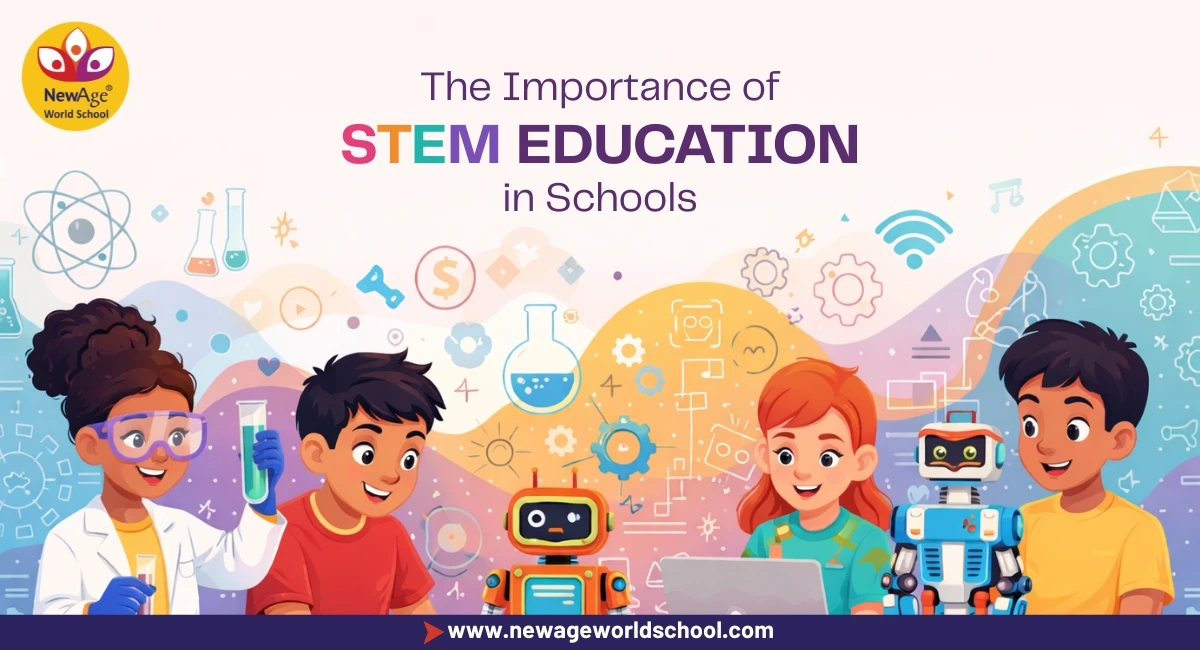
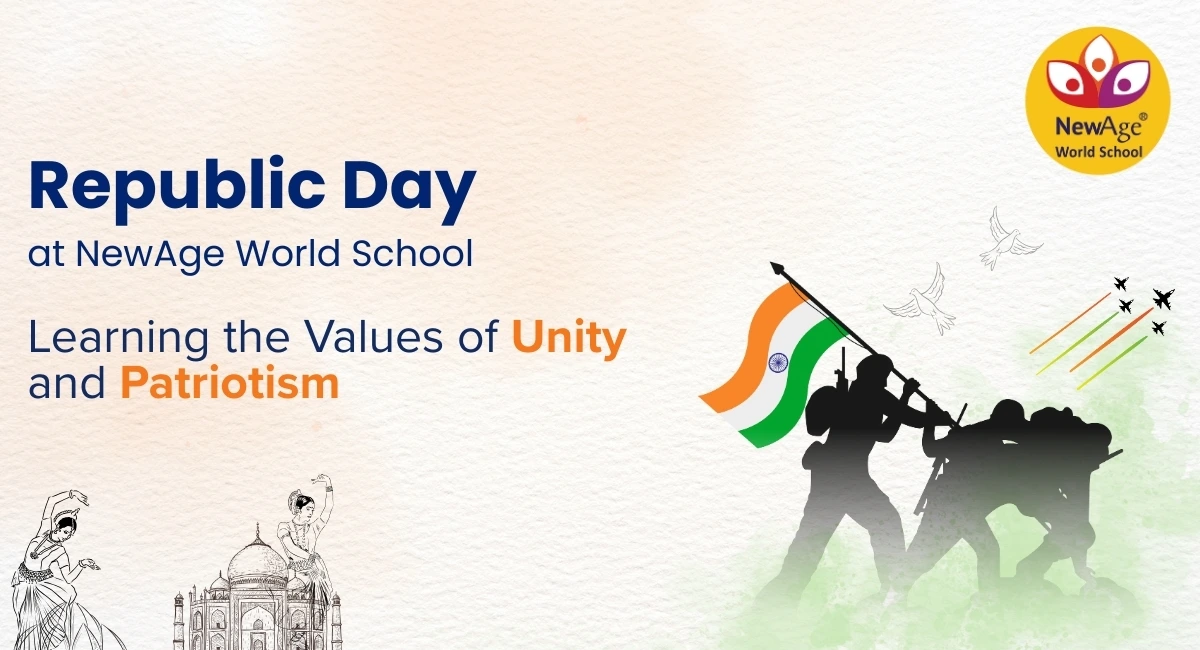
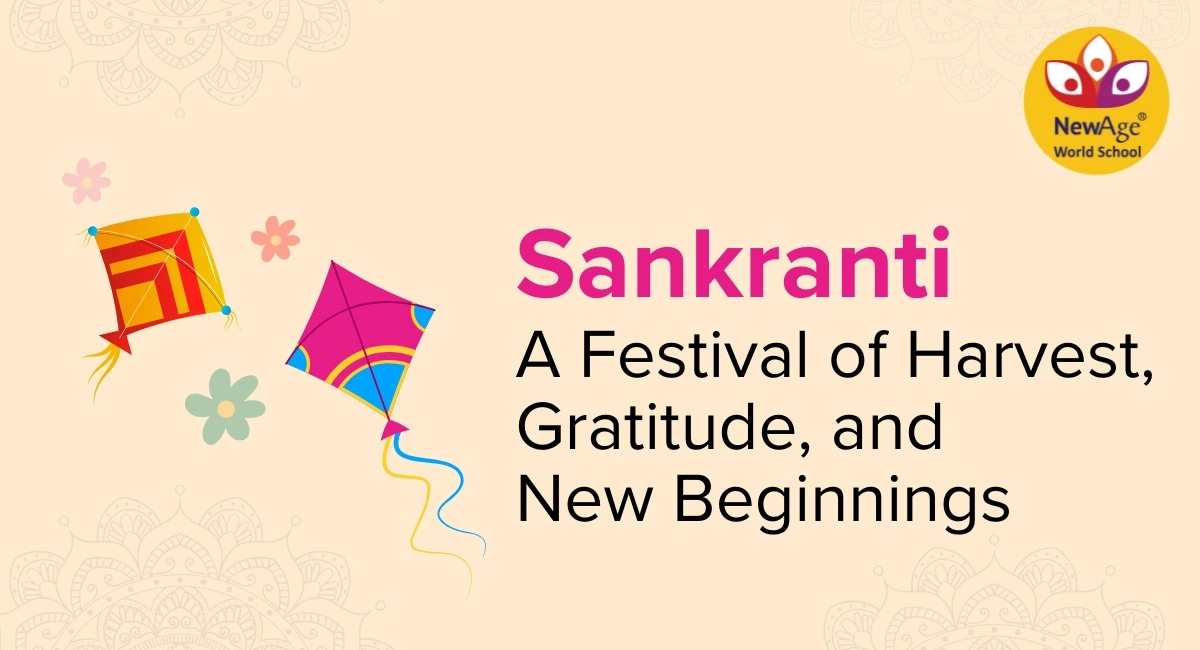
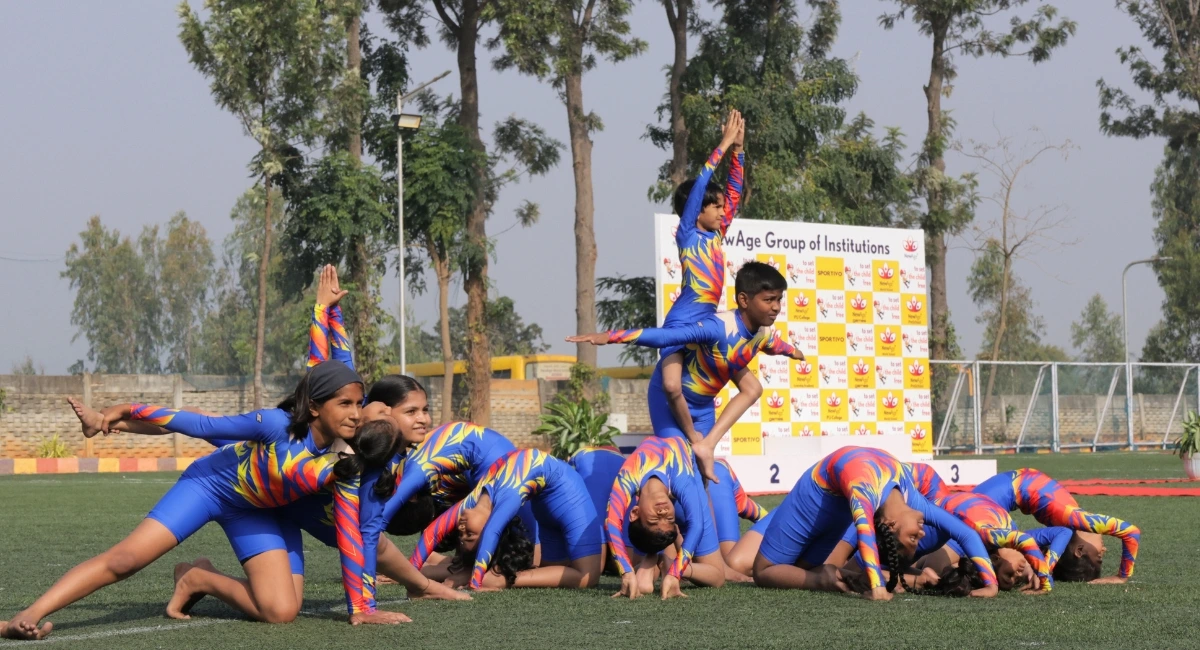



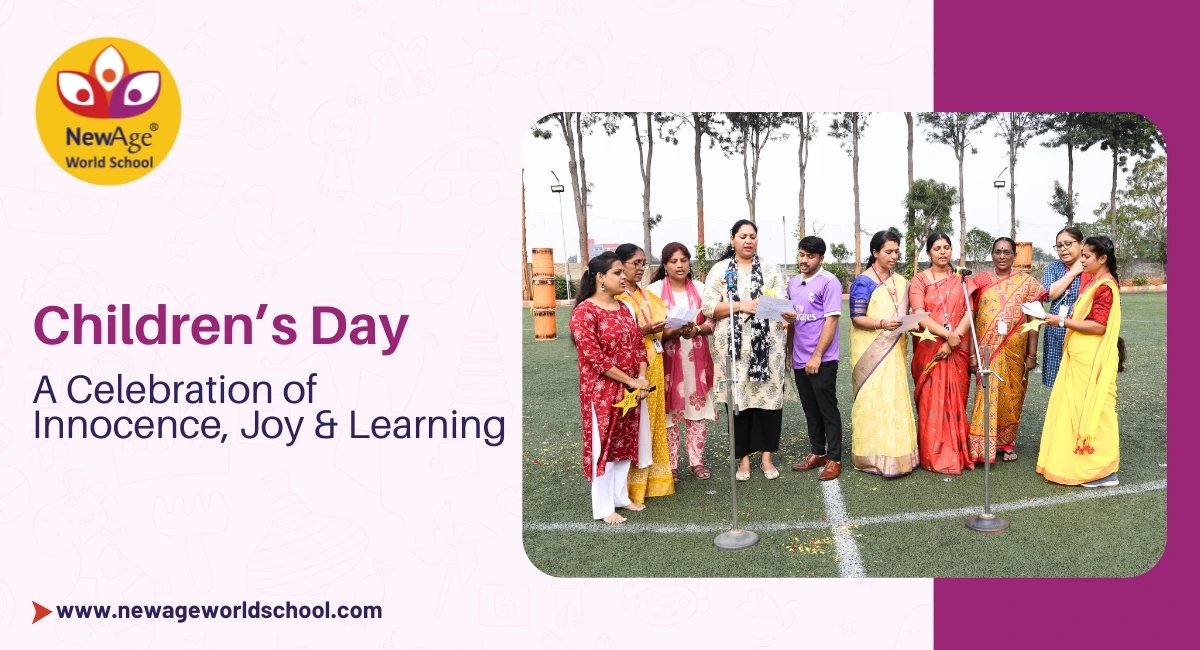
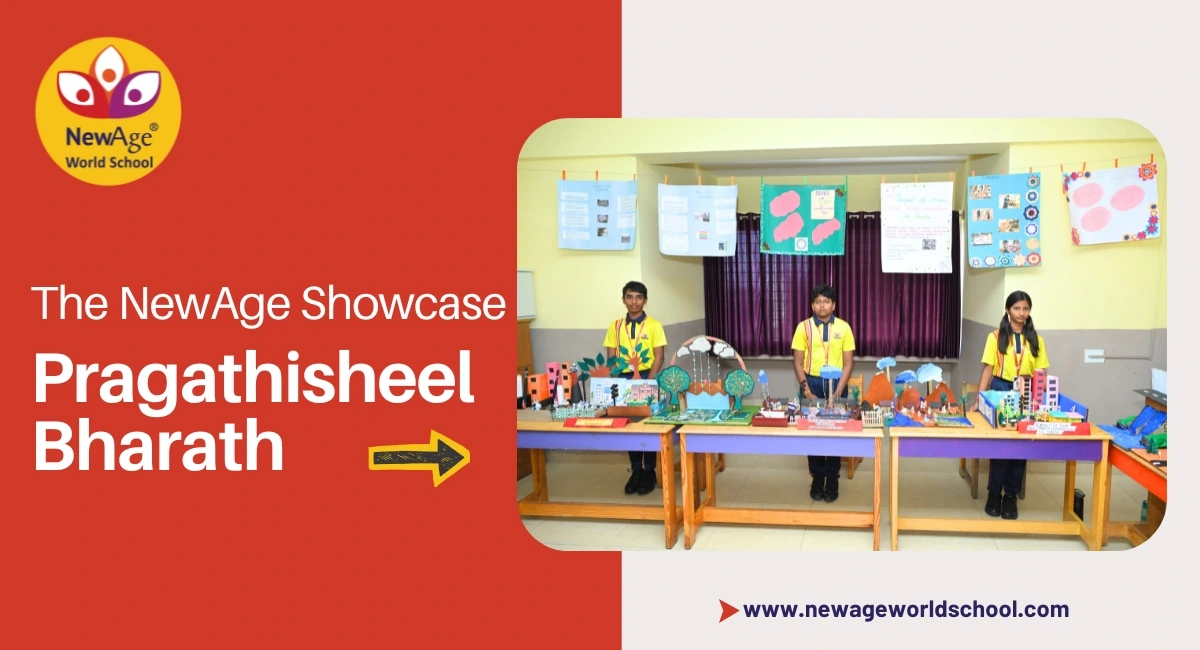
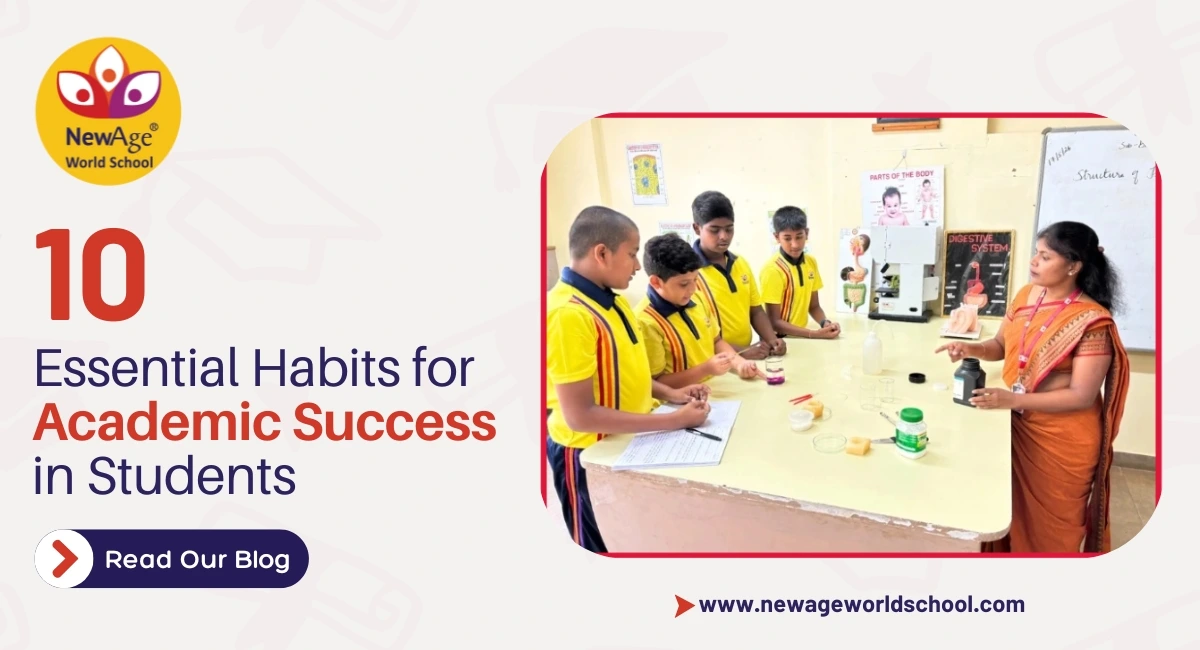
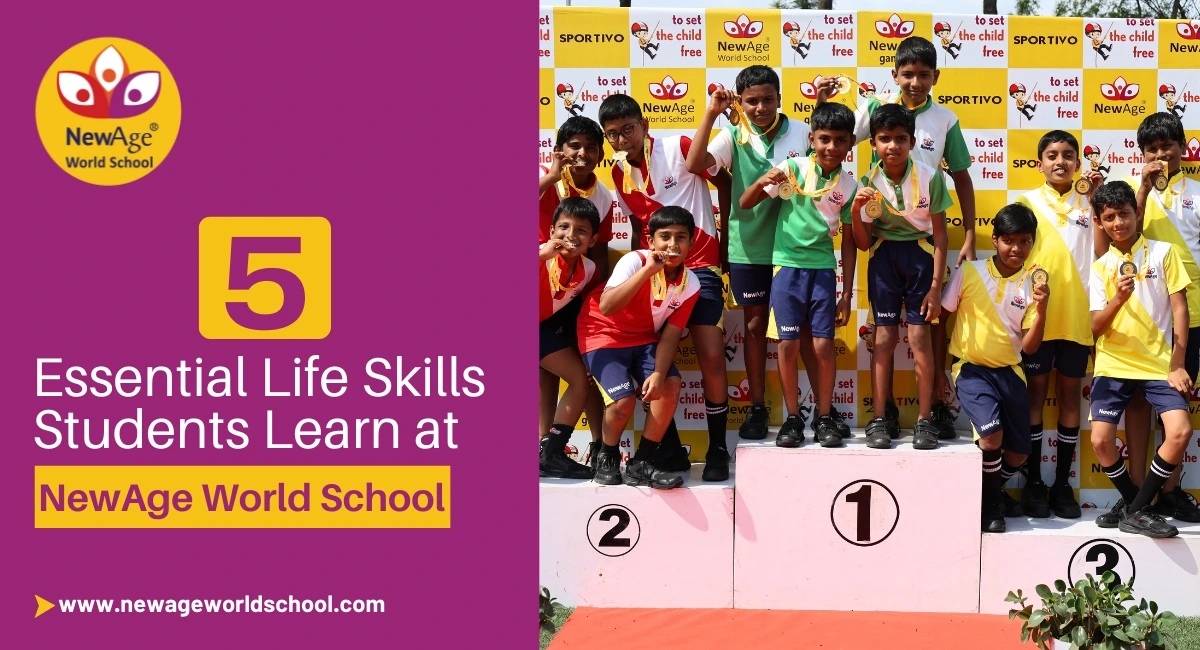
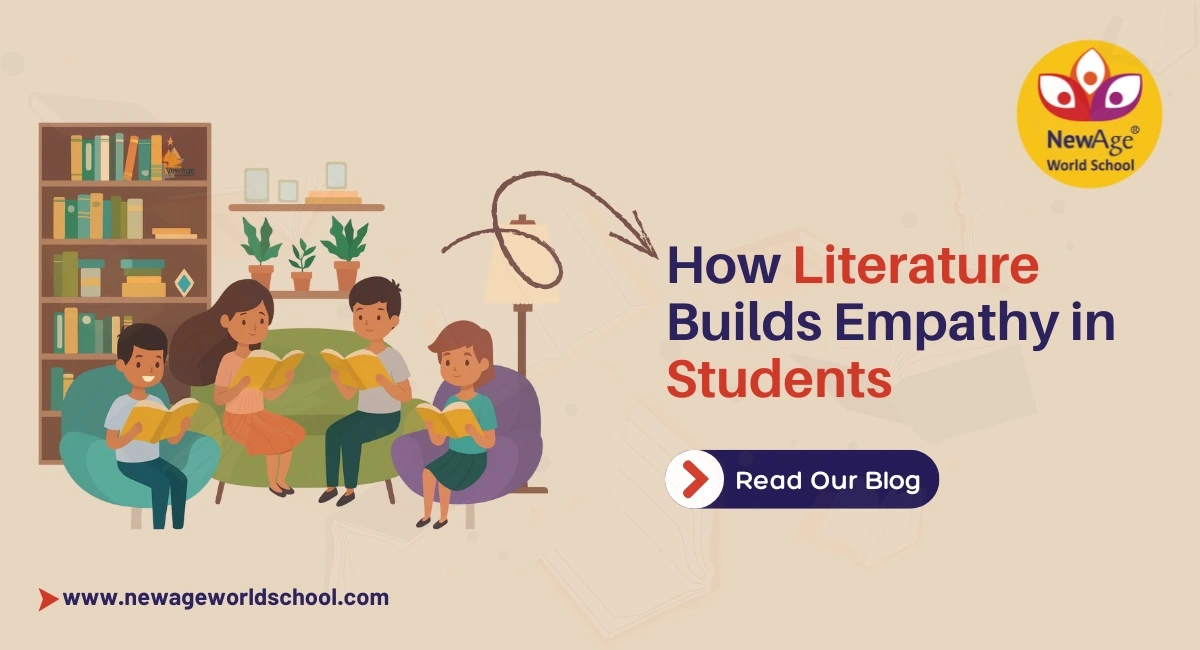
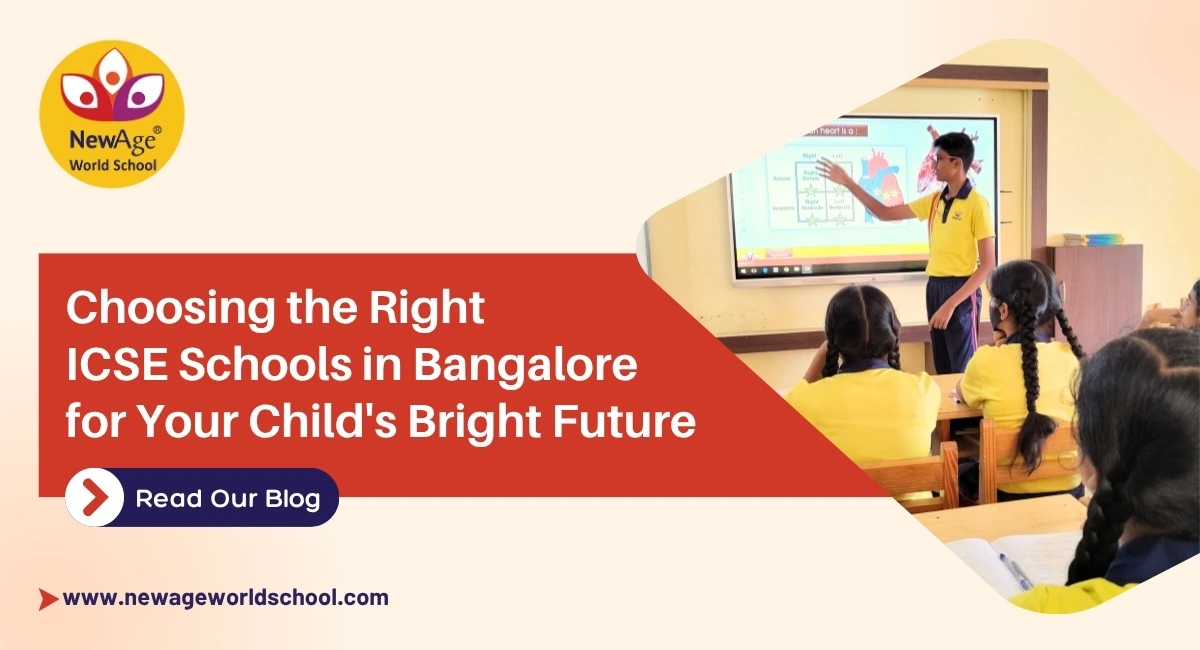
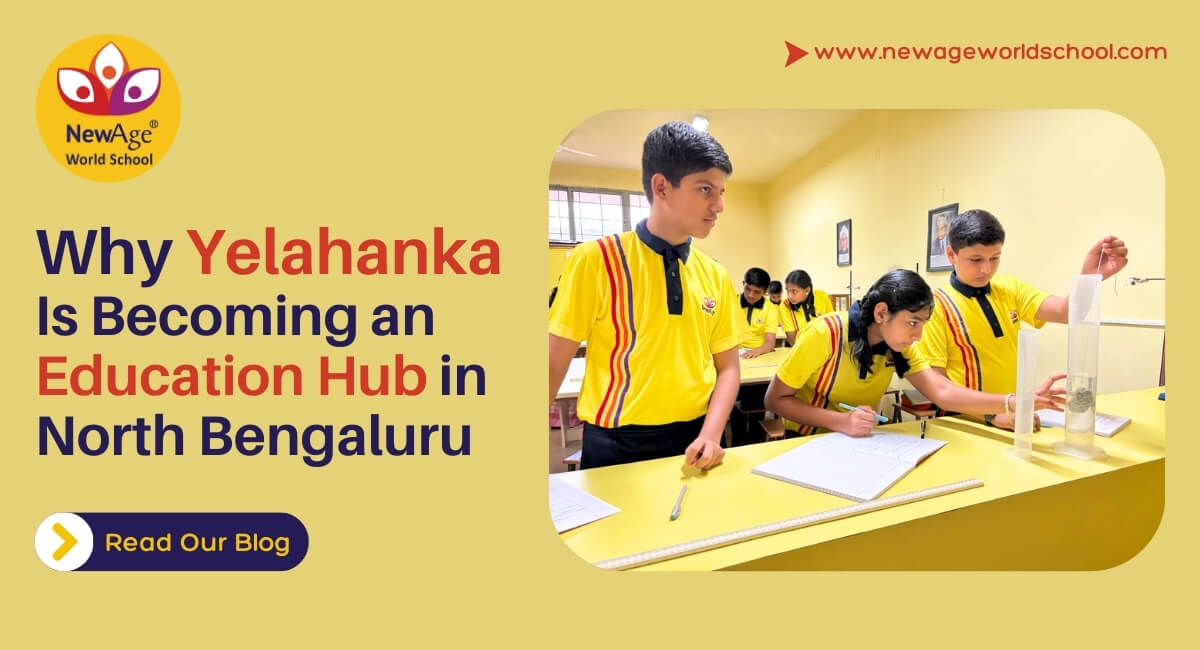

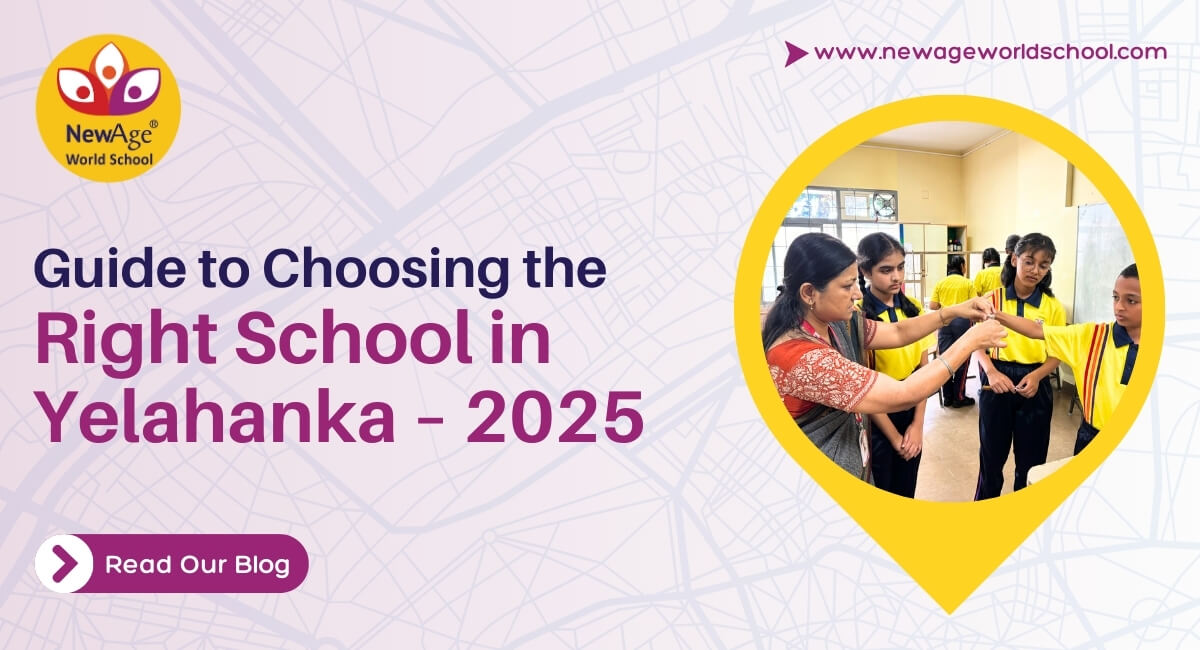
Leave a Reply
Your email address will not be published. Required fields are marked *
Comments
No comments available